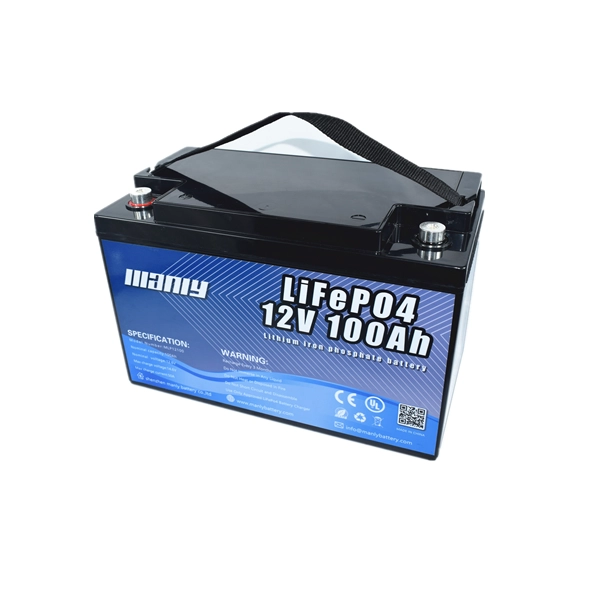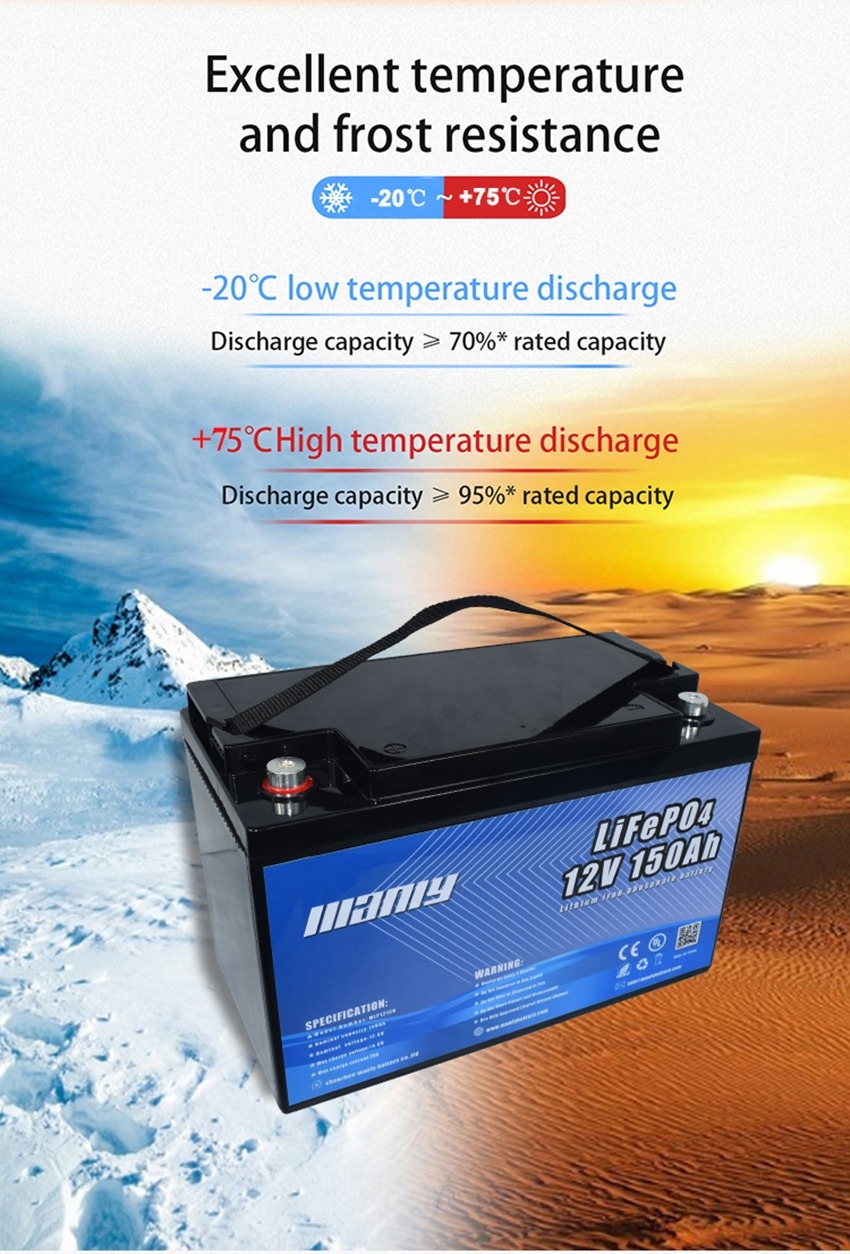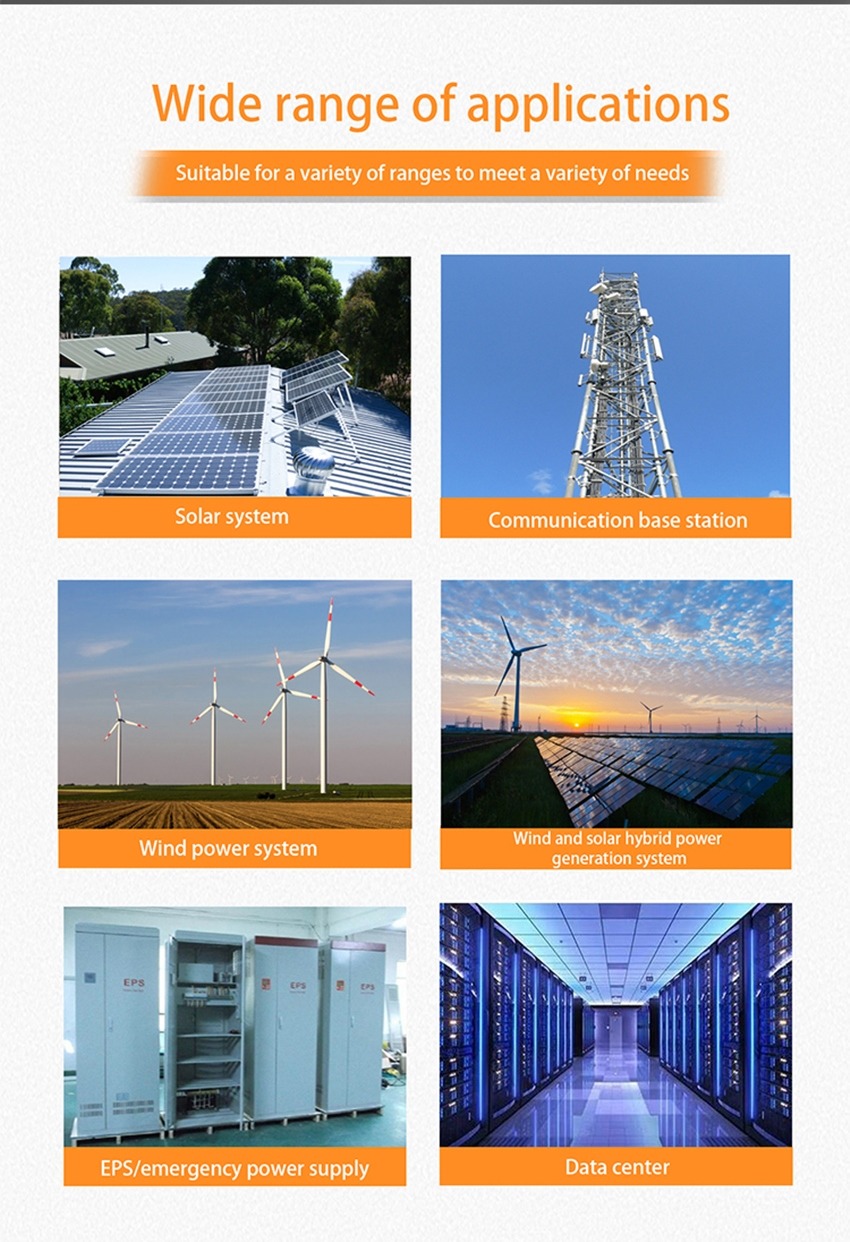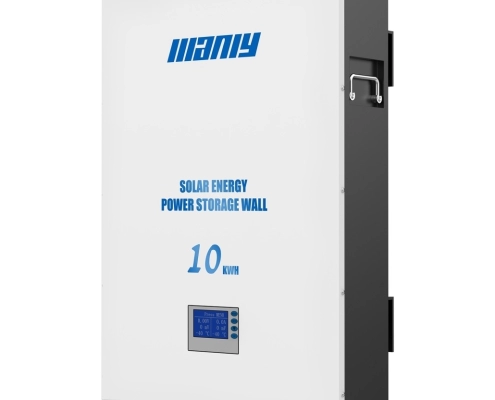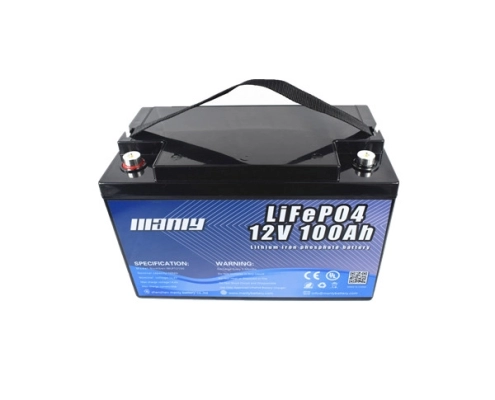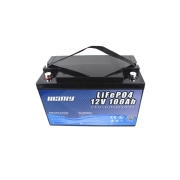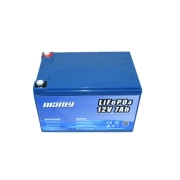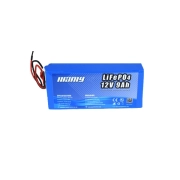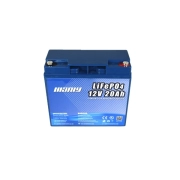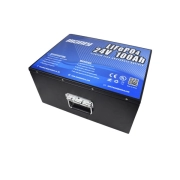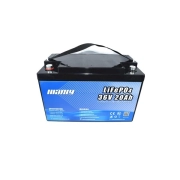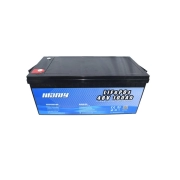5 Differences Between Ternary & Lithium Iron Phosphate Battery
Table of Contents
Ternary batteries refer to ternary lithium-ion batteries. They utilize lithium nickel cobalt manganese (Li(NiCoMn)O2) as the positive electrode material. The precursors to these ternary composite positive electrode materials are produced from nickel salt, cobalt salt, and manganese salt. The ratios of nickel, cobalt, and manganese can be adjusted as needed. Compared to lithium cobalt oxide batteries, those using ternary materials as the positive electrode exhibit higher safety.
Ternary lithium battery is suitable for power batteries or small batteries, especially those with high capacity. Nowadays, ternary material cells have replaced the previously widely used lithium cobalt oxide cells, seeing extensive use in laptop batteries.
Currently, the two important popular lithium-ion batteries in the market are lithium iron phosphate batteries and ternary lithium-ion batteries. In this scenario, which one is better, a ternary lithium-ion battery or a lithium iron phosphate battery? Let’s delve into their strengths and weaknesses.
Lithium Iron Phosphate Battery:
Lithium iron phosphate batteries are made from raw materials, phosphorus and iron, which are abundant in the Earth’s crust. Thus, the supply is less restricted. These batteries have moderate voltage (3.2V), high capacity per unit weight (170mAh/g), high discharge power, quick charging capability, and long cycle life. They also exhibit higher stability under high temperature and thermal conditions compared to other types of batteries. Compared to commonly used ternary lithium and lithium manganese oxide batteries, lithium iron phosphate batteries have at least five major advantages: higher safety, longer lifespan, absence of rare metals and highly polluting heavy metals, support for fast charging, and wide working temperature range.
Ternary Lithium Battery:
Ternary polymer lithium-ion batteries use lithium nickel cobalt manganese oxide (Li(NiCoMn)O2) as the positive electrode material, and specifically, graphite as the negative electrode – hence the term “ternary power lithium battery”. If the negative electrode is lithium titanate, it’s typically referred to as “lithium titanate” and doesn’t belong to the common “ternary material”.
Ternary lithium-ion batteries have high energy density and better cyclic performance than regular lithium batteries. Nowadays, with continuous improvements in formulation and structure, the nominal voltage of these batteries has reached 3.7V, and the capacity has met or exceeded the level of regular lithium batteries.
Comparison Between Ternary Lithium Battery and Lithium Iron Phosphate Battery
Which one is safer, the ternary lithium battery or the lithium iron phosphate battery?
High temperature:
In terms of safety performance, lithium iron phosphate batteries surpass ternary lithium battery. The main reason lies in their better thermal resistance, as they can withstand heat up to over 800 degrees. In other words, lithium iron phosphate batteries typically won’t ignite unless they reach temperatures above 800 degrees.
On the other hand, Ternary Lithium Battery is quite different, with their thermal runaway temperature hovering around 200 degrees. Looking at incidents of new energy vehicles catching fire, the majority involve ternary lithium battery. Traditional lithium iron phosphate batteries, when subjected to puncture tests, exhibit smoke but no visible flames, and their surface temperature reaches between 200℃ and 400℃. In contrast, ternary lithium battery heat up to over 500 degrees instantly after being punctured and then start to burn violently. Hence, for regions with high temperatures, the risk of ternary lithium battery catching fire is relatively higher.
Low temperature:
Lithium batteries weaken significantly under low temperatures. The low-temperature limit for lithium iron phosphate is generally -20℃, whereas Ternary Lithium Battery can withstand temperatures as low as -30℃. Between 0 and -20℃, lithium batteries deteriorate by about 10%-30%, but Ternary Lithium Battery’ decline is generally 10% less than that of lithium iron phosphate. Currently, many car manufacturers and battery producers are developing advanced thermal management technologies to improve power batteries’ low-temperature performance.
Energy Density: Ternary Lithium Battery Have Higher Energy Density
The energy density of Ternary Lithium Battery generally ranges from 180-230Wh/kg, and high-nickel Ternary Lithium Battery can easily achieve 250Wh/kg. However, high nickel content can increase battery instability. Lithium iron phosphate batteries, on the other hand, have an energy density typically between 140-160Wh/kg, which might reach up to 180Wh/kg at most. Blade batteries, a type of lithium iron phosphate battery, have an energy density of 140Wh/kg in the first generation and potentially 180Wh/kg in the second generation.
To be precise, battery energy density can be categorized into weight energy density and volume energy density. The former is what we usually talk about, while the latter often receives less attention but is equally important. For example, through structural innovation, blade batteries have increased their volume energy density from 251Wh/L to 320Wh/L. Although their weight energy density is not high, their range is comparable to that of Ternary Lithium Battery.
Service Life: Lithium Iron Phosphate Batteries Have a Longer Lifespan
Long-life lead-acid batteries have a cycle life of around 300 times, reaching up to 500 times at most. Lithium iron phosphate power batteries have a cycle life exceeding 2000 times. The same weight of lead-acid batteries tends to follow the pattern of “new for half a year, old for half a year, maintenance for another half a year,” totaling to only about 1 to 1.5 years at most. Conversely, under similar conditions, the theoretical lifespan of lithium iron phosphate battery packs can reach 7 to 8 years.
Lithium iron phosphate battery packs generally last around 8 years. If used in southern regions, their lifespan can even extend beyond 8 years. The theoretical lifespan of lithium iron phosphate batteries also exceeds 2000 charge-discharge cycles. Even if charged once a day, they can last over five years. Typically, for everyday household use charging every three days, they can last approximately eight years. However, since lithium iron phosphate batteries perform poorly in low temperatures, their lifespan is relatively longer in southern regions.
The service life of lithium iron phosphate battery packs is around 5000 cycles. Every battery produced has its own cycle discharge count (such as a thousand times). Exceeding this count, the battery will reach the end of its life. Complete discharge can severely impact battery usage, so avoiding over-discharge is crucial.
Ternary Lithium Battery have a charge-discharge cycle life of about 2000 times, while lithium iron phosphate typically stands at 3000 times, 1.5 times that of Ternary Lithium Battery. Battery lifespan is not measured in years but in charge-discharge cycle times. For instance, after 2000 cycles, battery decay is lower than 20%. That means, after 2000 cycles, the battery capacity is equivalent to just 80% remaining, and if continued to be used, it will continue to degrade steadily.
Application Range
Ternary Lithium Battery: Ternary Lithium Battery, with their high energy density, stable safety features, excellent electrochemical characteristics like supporting high-rate discharge, and cost-effectiveness, are widely used in small-scale lithium battery fields such as consumer digital electronics, industrial equipment, and medical instruments. They also display strong development potential in power lithium battery areas like intelligent robots, AGV logistic vehicles, drones, and new energy vehicles.
Lithium Iron Phosphate Batteries: In terms of use, lithium iron phosphate batteries are suitable for scenarios where there’s a lot of space, the conditions allow for large volume batteries, high safety performance is required, and long, uninterrupted operation times are needed. Currently, lithium iron phosphate batteries are used in areas such as new energy vehicles, energy storage, 5G base stations, two-wheeled vehicles, heavy trucks, and electric ships.
Cost: Lower Cost of Lithium Iron Phosphate Battery
The cathode material of lithium batteries accounts for 50% of the total battery cost. The total cost of lithium iron phosphate batteries is 20% lower than that of Ternary Lithium Battery. Therefore, lithium iron phosphate batteries have a certain advantage in terms of cost.
Conclusion
The main differences between lithium iron phosphate and Ternary Lithium Battery are in cost, low-temperature performance, heat resistance, energy density, and service life.
- Cost: Lithium iron phosphate batteries do not contain expensive metals like cobalt, so the cost of raw materials is lower, while the opposite is true for Ternary Lithium Battery.
- Low-temperature performance: The extreme working temperature for Ternary Lithium Battery is -30 degrees Celsius, while for lithium iron phosphate batteries, it’s -20 degrees Celsius. Moreover, under the same low-temperature conditions, the decay of lithium iron phosphate batteries is more severe.
- Heat resistance: As mentioned above, the thermal runaway temperature of lithium iron phosphate can reach 800 degrees Celsius, while Ternary Lithium Battery only reach 200 degrees Celsius, meaning lithium iron phosphate batteries perform better in heat resistance.
- Energy density: Ternary Lithium Battery have a higher energy density, which means they can hold more electrons under the same volume. Therefore, under the same capacity, the volume and weight of Ternary Lithium Battery will be smaller.
- Service life: The charge-discharge cycle of lithium iron phosphate batteries can reach more than 3500 times, and some even up to 5000 times, while the cycle life of Ternary Lithium Battery is only about 2500 times. So, lithium iron phosphate batteries have a longer lifespan.

